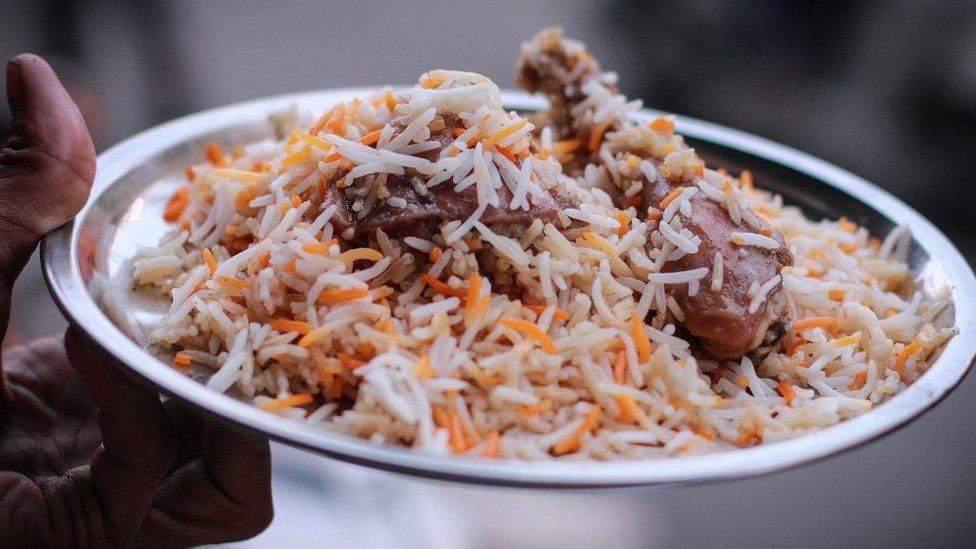'How biryani and bananas inspired me to help others'
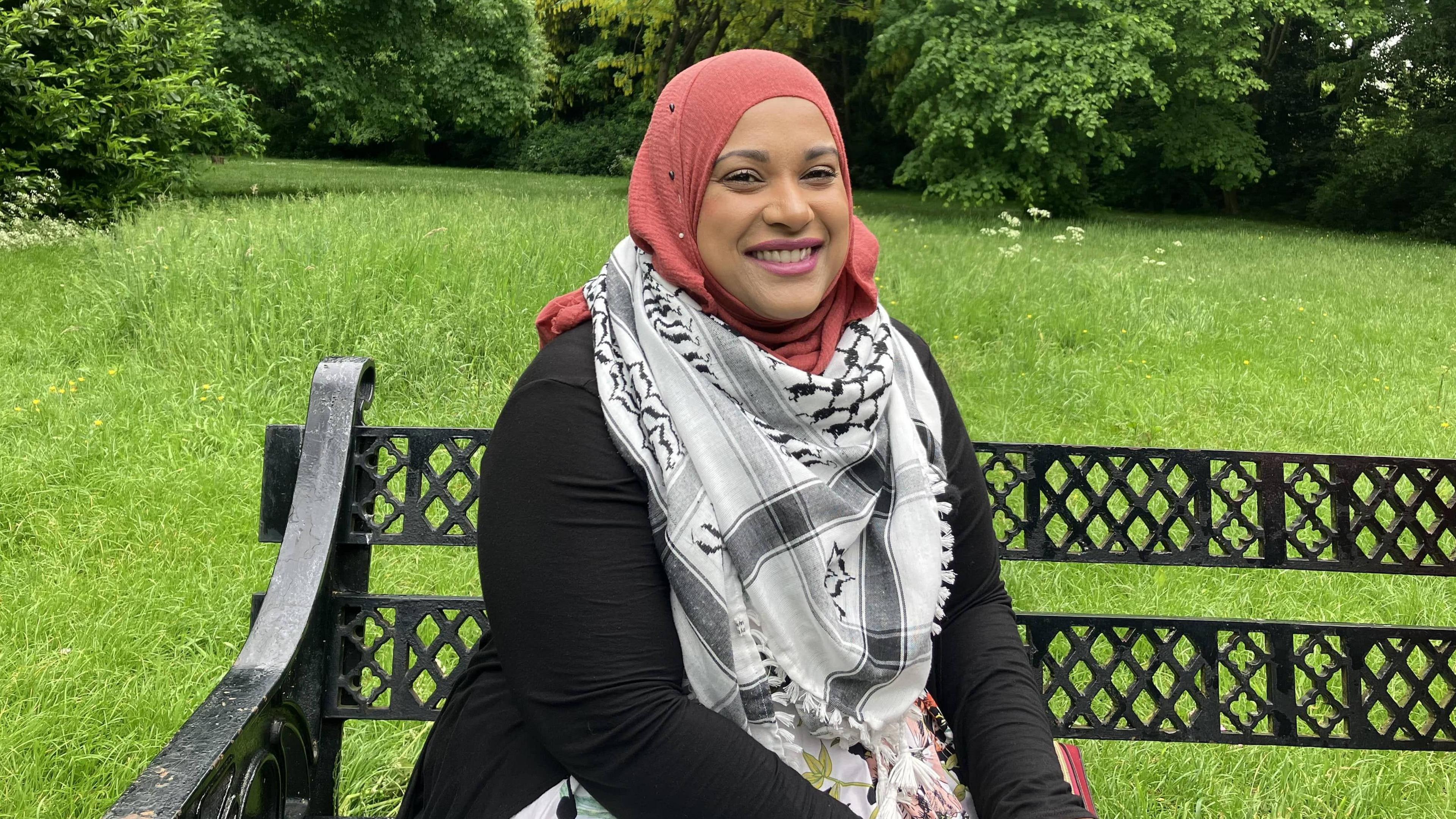
Ruhi Akhtar from Morpeth, Northumberland, runs the charity Refugee Biriyani & Bananas
- Published
Five years ago, Ruhi Akhtar was working in the NHS when she decided to take a sabbatical to help refugees abroad.
But when the break came to an end, she found she could not leave the work behind.
The 35-year-old from Morpeth, Northumberland, now lives in Greece where she runs the charity Refugee Biriyani & Bananas - its name originating from the food she handed out when she first volunteered.
The team is currently trying to deliver aid to people in Gaza, but she said it was one of many charities caught up in delays at the border.
In 2015, Ruhi was working in Newcastle as a podiatrist when she regularly started travelling to volunteer in camps.
This led to a three-year career break in 2019 so she could run her charity full time in Greece, and she made the sabbatical permanent in 2022.
"Towards the end I thought, it's not over - there's still people who need support," she told the BBC.
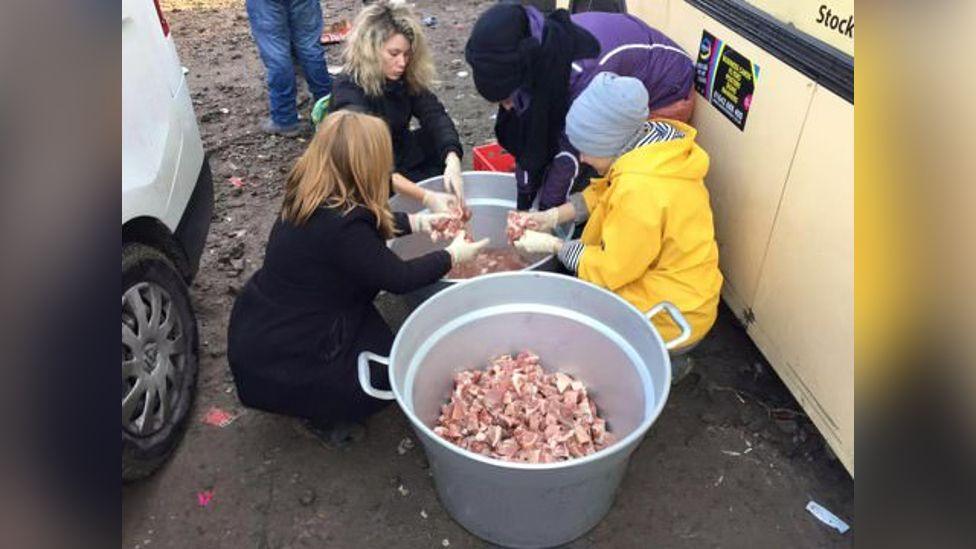
Ruhi, and other volunteers, made biryani in 2015 in Dunkirk, France, to give out at migrant camps
"My parents are from Bangladesh originally and that's something that does drive me," she said. "I've always been aware of inequalities in the world.
"I love my family and if they were in that position - I would want someone to help them," she said, while visiting relatives back home in the North East.
She said her family, while worried about her safety, were happy to see her do work which helped people, and that she found so fulfilling.
At present, the team is helping two groups: those stuck on Greek islands and people trapped in Gaza following the Israel-Hamas war.
They provide all types of aid such as food, hygiene products and water.
But she said sending aid to Gaza had proven difficult in recent months.
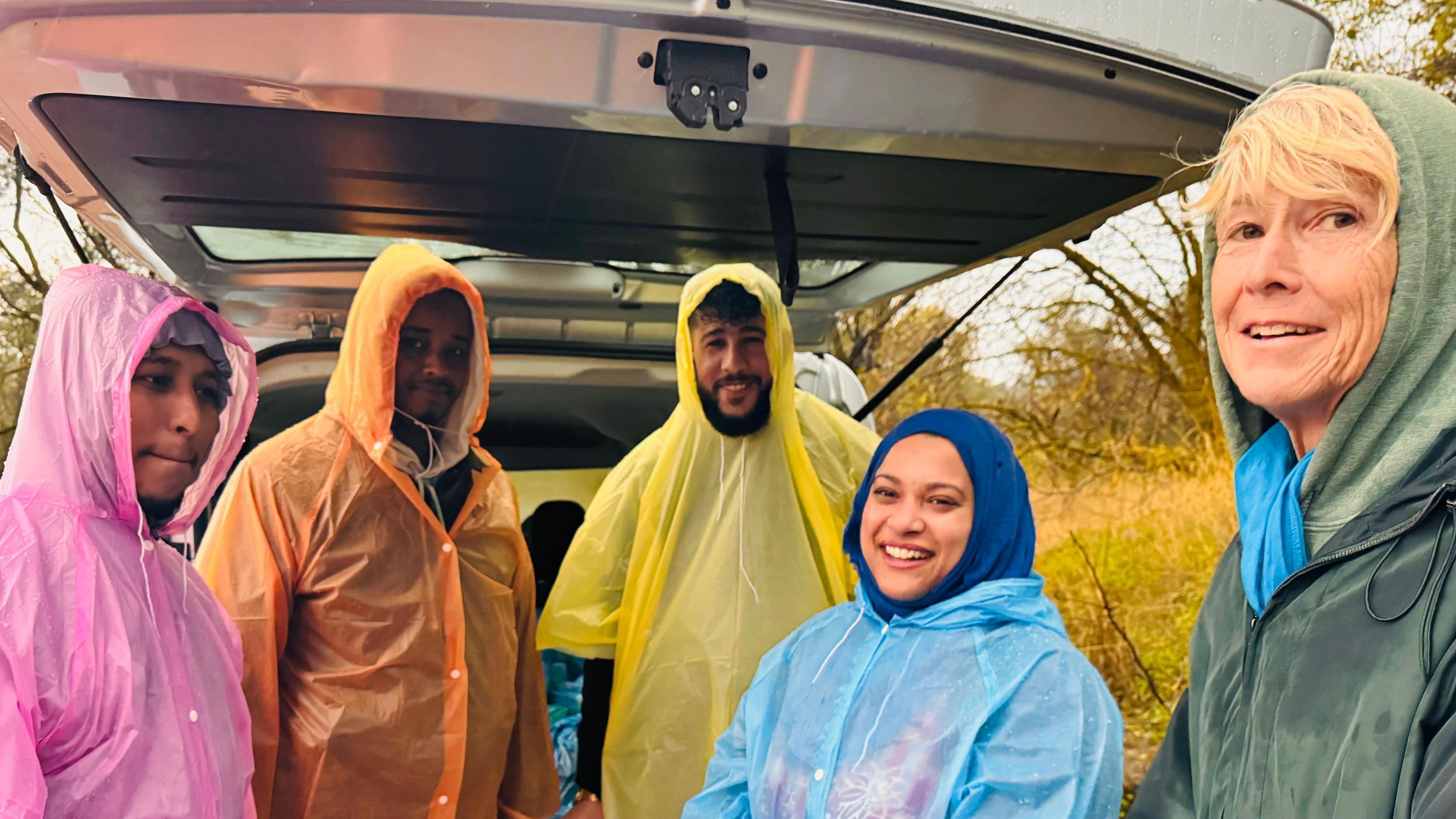
The charity is helping people living in camps on Greek islands
The team currently has two trucks containing sanitary products and tinned foods waiting in line to cross the border at Rafah.
It took two weeks for the last trucks the team sent via Cairo to be let across.
She said she was worried it may take close to a month to get through.
Last week, the Norwegian Refugee Council warned 2,000 aid trucks were stuck on the Egyptian side of the crossing.
The Israel Defense Forces (IDF) said it had opened new crossings, paved roads and fixed water pipes.
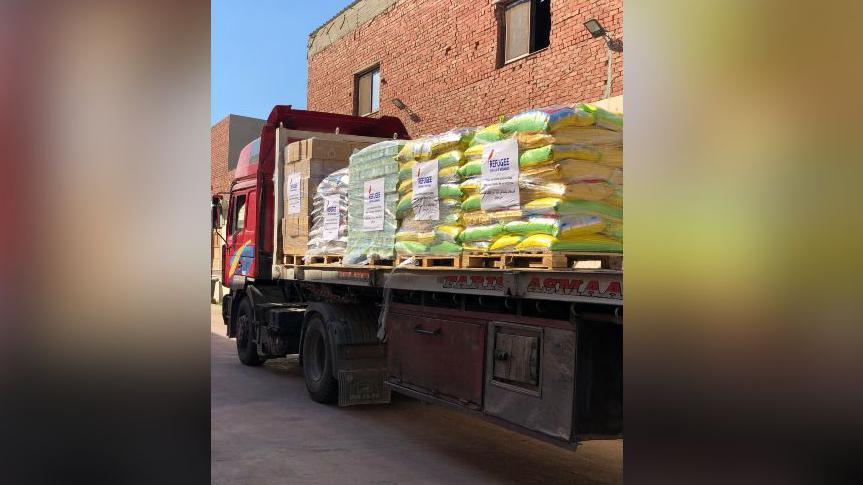
Ruhi says her charity is facing delays getting aid inside Gaza
Her team of about 20 is made up largely of refugees, and she said many put themselves at risk delivering support to others.
"One of our team members in Gaza, we couldn't get a hold of him," she said.
"What we found later was that his house had been bombed and three of his sisters had died.
"But these people are still volunteering their time. When I see their strength and how much they've been through - it just keeps me going."
Follow BBC North East on X (formerly Twitter), external, Facebook, external and Instagram, external. Send your story ideas to northeastandcumbria@bbc.co.uk.
Related topics
- Published24 April 2024
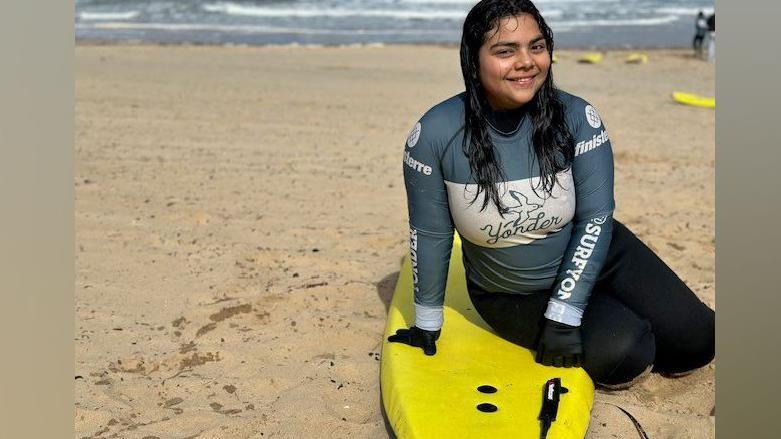
- Published16 July 2016
